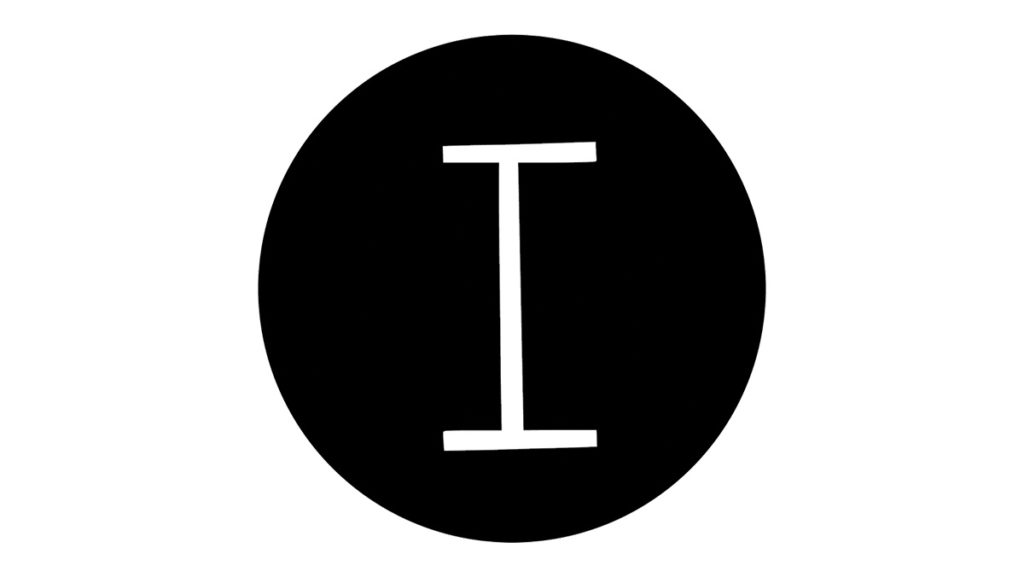The Israeli-Palestinian conflict is one of the most trying, complex issues that exist in the world today. At its core, it is a dispute between two self-determination movements: Jews and Arabs laying claims to the same land. It dates back to the 19th century, primarily as a conflict over the West Bank and Gaza Strip. Since then, Arabs and Israeli’s have engaged in an ongoing cultural battle over the geographic area that, in 1948, became modern-day Israel. This is the conflict in its simplest form, but the intricacies of the problem extend much further.
On Sept. 17, Hillel at Ithaca College collaborated with the Office of Religious and Spiritual Life and the Department of Politics to present “Side by Side,” a shared conversation about the Israeli-Palestinian conflict. Throughout the event, visiting speakers with personal connections to the conflict shared their family histories, their understandings of Israeli and Palestinian history and their opinions on possible solutions.
The complicated nature of the dispute demands an educated, developed understanding of what both Israelis and Palestinians have experienced throughout the last few centuries, which was an attitude promoted by the leaders of the college’s recent discourse. “Side by Side” not only provided an opportunity for people with various levels of understanding to educate themselves but also to learn directly from those with an intimate understanding of the issue and its background. Gaining insight from people who have been impacted can help us attain an entirely new level of understanding and help humanize a problem that seems far away.
As members of a higher education institution, it is important that we take advantage of opportunities to engage in dialogue about naturally complicated and divisive issues. We are privileged enough to be surrounded by a culture that promotes learning, education and appreciation — it is our responsibility to participate and engage with those who can help us further our own understandings of the world around us.
Additionally, it is crucial that members of the college community make space for different perspectives and experiences. Groups like the college’s Hillel and its chapter of Students for Justice in Palestine are valuable resources and can help us better understand issues we know little about — but relying solely on on-campus groups can also present us with a homogenous perspective. When learning about complicated issues such as the Israeli-Palestine conflict, we must reach beyond the information we are given and pursue outside perspectives and create space for people on all sides of an issue to engage in productive and respectful dialogue.
While the college may be geographically removed from both Israel and Palestine, it is not removed from the ideologies and identity politics that define the conflict. As the academic year moves forward, members of the campus community must continue to take advantage of opportunities to engage in complex issues, regardless of how uncomfortable it might be.














